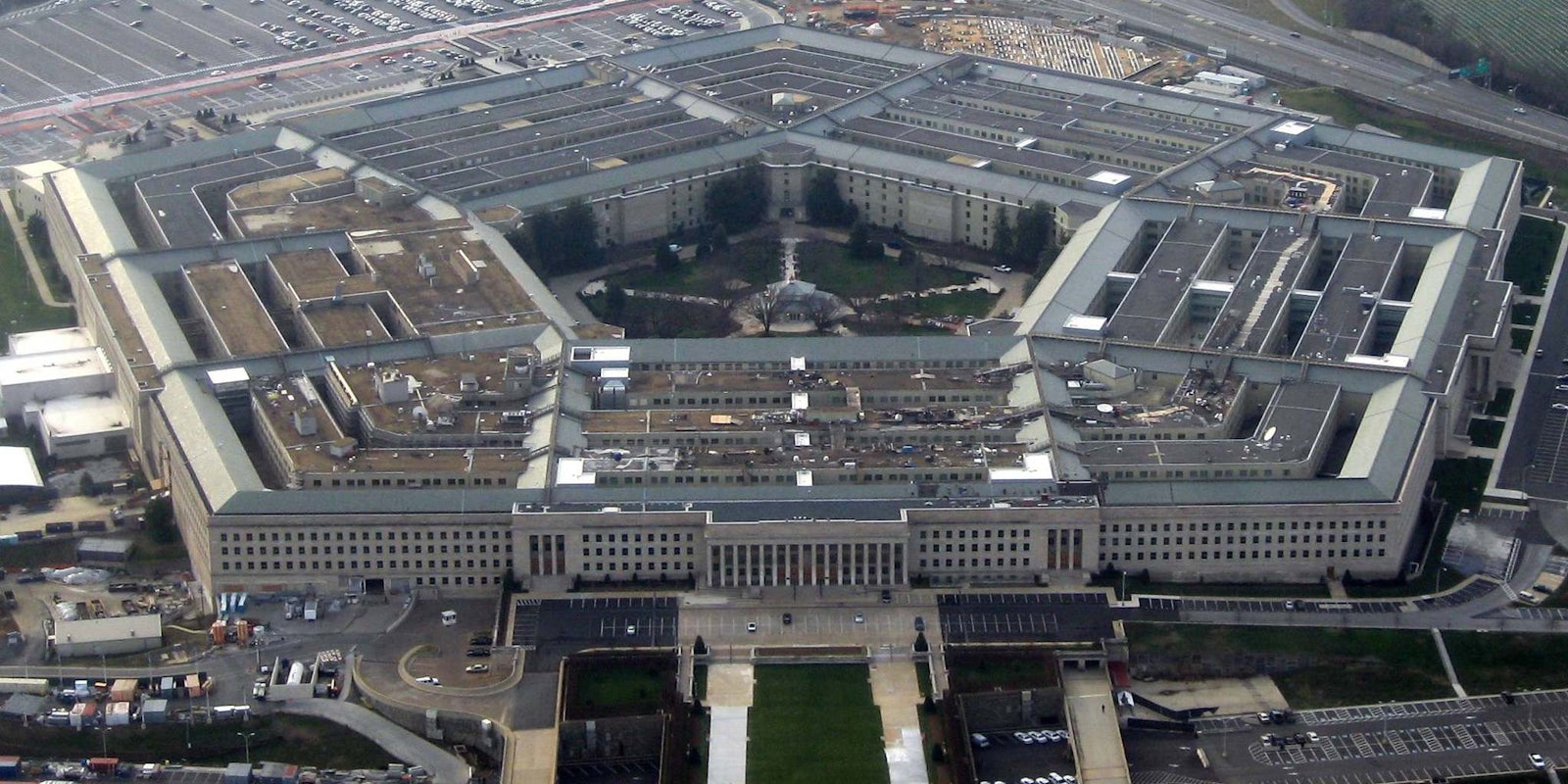The U.S. military is about to bring thousands of hackers into its ranks.
Earlier this month, the Pentagon asked the Office of Management and Budget for permission to cheat the switches on the standard government hiring process and continue recruiting 3,000 new cybersecurity professionals for the United States Cyber Command outside of standard channels.
As the Department of Defense put it in an “excepted service” notice in the Federal Register, they are looking to add up to 3,000 positions “that require unique cybersecurity skills and knowledge”
A great deal of confusion has resulted, some say purposefully, by misuse of the word war in terms like “cyberwar.” To date, there has been no incident we know of in which a state hack has resulted in loss of life or large scale damage to infrastructure. The closest we have gotten to that is Stuxnet, the worm most agree was designed by the U.S. and Israel, which arguably pushed back development of Iran’s nuclear weapons program.
The persistence and increase in cyberspying, however, is clear and growing.
According to the Verizon 2014 Data Breach Investigations Report, 75 percent of the more than 63,400 security attacks discovered were against public organizations, such as governmental and military sites and servers. Further, the number of cyberespionage events tripled over the previous year.
Around the world, militaries are outfitting or growing their cadre of hackers. Some countries, like the U.K., have even indicated a willingness to take in convicted black-hat hackers so long as they change the color of their headgear to white.
Lt. Col. Valerie Henderson, a Defense Department spokeswoman, told the Daily Dot that there are already 26,000 civilians performing cybersecurity functions within DoD, on top of 6,000 serving military personnel doing the same. The number of civilian DoD cyberemployees currently exceeds the number of people serving in the entire military of Lithuania, Kenya, Uruguay, or any of dozens more countries.
Cybersecurity also important to the National Security Agency (NSA), the Central Intelligence Agency (CIA), and many other iterations of the American intelligence community.
Lt. Col. Henderson pointed out that part of this particular request is not new. The “Schedule A” request was first submitted in 2009 and renewed by the OBM three times since. This will likely be the fourth.
But given the celebrated NSA leaks by former security contractor Edward Snowden, why do anything whatsoever that invites in outside help?
“The DoD is committed to expediting the process and ensuring the Department has the talent needed to meet its mission and protect national security,” Henderson said.
The line between espionage and war is not that thin in most instances. All countries seek knowledge and with it a leg up on both their enemies and their friends. Few will attempt to, say, break a geopolitical rival’s water system or shut off all their electricity (which, if it were easy, would already have been done anyway).
But when—if—war is fought in the future, the participation of groups like the U.S. Cyber Command and China’s P.L.A. Unit 61398 will certainly increase. Structurally, the U.S. Cyber Command is already activated whenever war is declared. As militaries add hackers to their arsenal, they will likely be employed. Exactly how is still developing.
In the meantime, we have the choice of following our politicians into a full-on frothing, chest-pounding, holy-spirit-is-falling-on-the-people style freakout, sticking our heads in the sand, or evaluating the use of cybertools for espionage and war with some measure of reason and restraint.
The Vegas odds are on the frothing.
Photo via mindfrieze/Flickr (CC BY SA 2.0)
